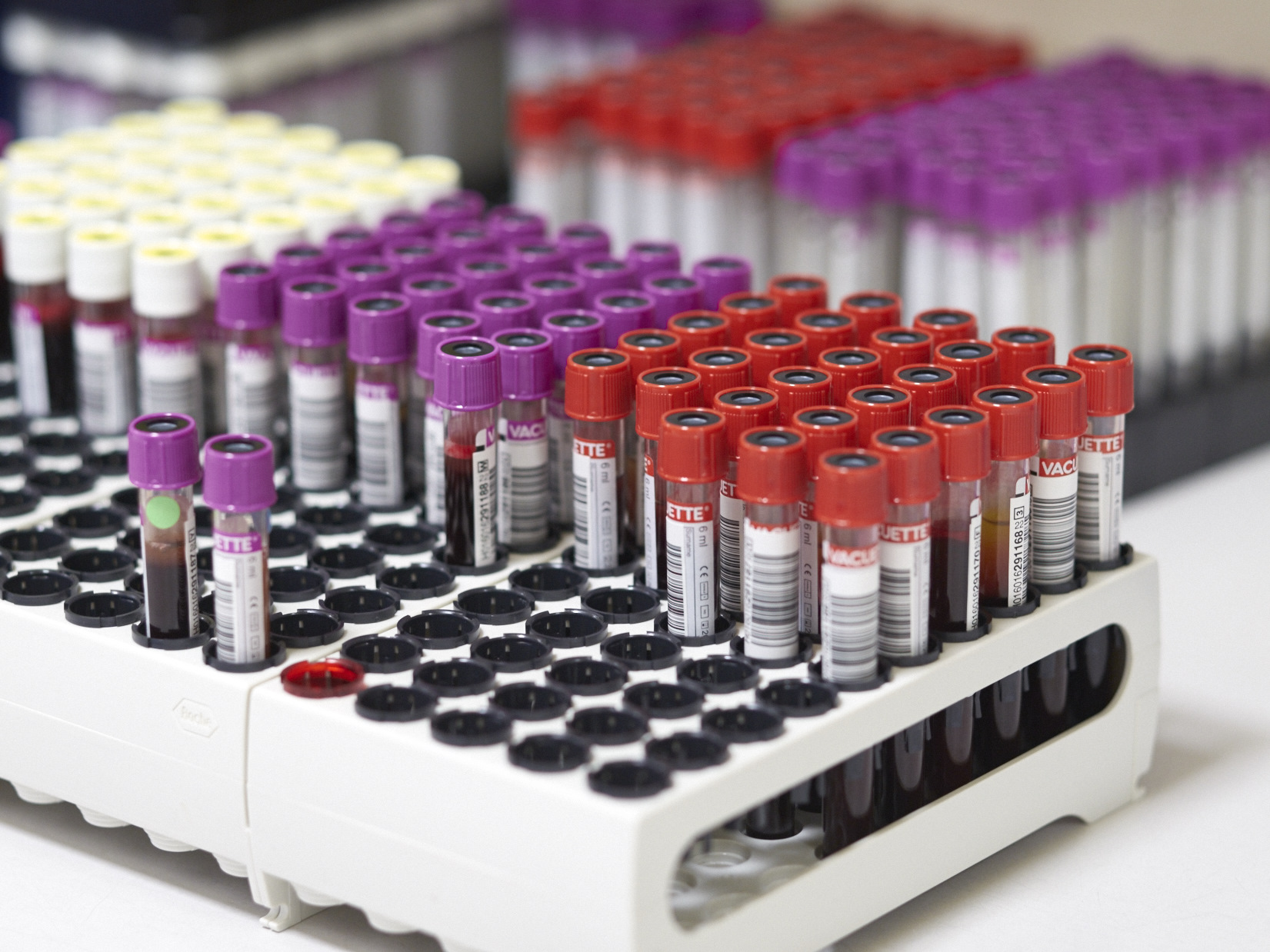Tropical pathogens
Swiss Transfusion SRC monitors the incidence and distribution of blood-borne diseases. When necessary, the organisation defines risk areas and takes steps to keep the blood donors and patients safe. For instance, individuals returning from travel to a risk area are required to wait for a certain period before they can donate blood. The waiting period is normally one month.
Numerous cases of West Nile virus were reported in Europe once again in 2023. As in previous years, most of the cases of this mosquito-borne disease that appeared in Europe did so in Eastern Europe, Italy, France, Spain and Germany in the summer. The spread of the West Nile virus among animals and humans was carefully monitored in 2023. The virus was detected in previously unaffected regions in France and Spain. No autochthonous (locally acquired) infections of residents of Switzerland were reported, but the situation in the country was closely monitored. Swiss Transfusion SRC has been preparing for the possible appearance of the West Nile virus in animals and humans for several years now and has developed an action plan for this event. The Swiss blood transfusion centres can immediately test all blood donations using validated methods if needs be.
The number of dengue cases reported in Europe has also been on the rise in recent years, particularly in Italy and France. Eight regions in Southern France were defined as risk areas in 2023 (2022: 6 regions) as were 3 regions in Italy (no regions affected in 2022). Swiss Transfusion SRC has also prepared an action plan for use in the event of the appearance of the dengue virus in Switzerland.
No infections with the Zika virus were detected anywhere in Europe in 2023, as was also the case in 2022.
